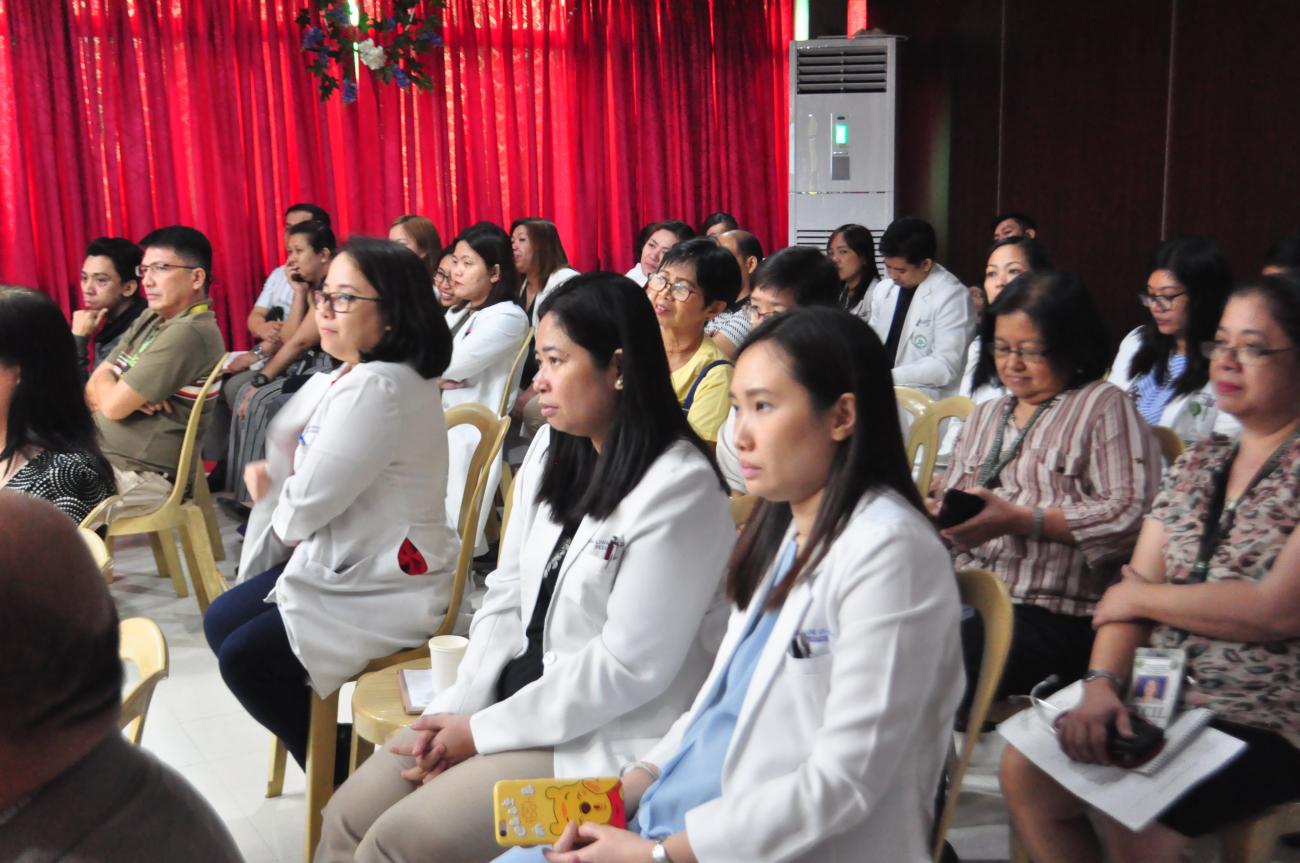View the full article by Pats Oliva, HERE
Disasters and environmental degradation add stress on healthcare
Environmentalists have attributed the recent heavy floods in south of Indonesia to widespread deforestation for palm oil plantations and coal mines.
As an illustration, greenhouse gases (that can be found in burning of fossil fuels) cause global temperatures to increase rapidly and intensify hurricanes and typhoons [3]. Despite this known fact and the clear public health risks and costs of dirty air, as of January 2020, Indonesia has a total of 32,373 MW of operating coal plants and 11,840 MW-capacity in construction. South Kalimantan in particular, has 13 coal companies as of 2013 according to the provincial government data [4].
In addition, Dr. Raynaldy BP of Rise Southeast Asia Alliance for Health and Climate (Indonesia) [5], said that a big part of Bogor, West Java’s highlands were transformed into housing and recreational sites. When asked about the connections that gave way to these disasters, he shared that, “understanding the chain of disaster has never been so important as today since things don’t happen instantly. The floods and landslides were the results of active deforestation and housing projects.”
Dr. Puspita Sampekala, Chief of Green Hospital organization of RSUD Cibinong in West Java which is a Global Green and Healthy Hospital member shared that, “the government already has guidelines and a mitigation plan on natural disasters but adequate collaboration with local and center governments are needed, especially in this time of a pandemic.” If we look at the urgency for climate-resilient healthcare, she added that definitely local hospitals need endorsement to re-build and reinforce their systems in order to continue serving the public especially in this time of a climate crisis and a global public health emergency.
Indonesia’s neighbor the Philippines is also experiencing a similar pattern of exacerbated climate-induced disasters and environmental degradation in which very recently was battered by super typhoons amidst Covid-19. Typhoon Goni pounded the south of the Philippines’ main island of Luzon and damaged 67 health facilities [6] in the Bicol region and Calabarzon, while Typhoon Vamco displaced hundreds of households and killed dozens of people in the city of Marikina with its powerful winds and torrential rains.
To emphasize, in this period of a global pandemic converged with the preexisting climate crisis, disasters and disease outbreaks are known to harm people’s health and disrupt lives. This puts to challenge the healthcare system in Indonesia, the Philippines and the rest of Southeast Asia that is fundamentally unprepared for disaster response and climate-induced pandemics.
Role of healthcare practitioners in advancing climate solutions and environmental protection
People are anxious about climate change; apprehensive about the future and alarmed by what we are doing to our planet and ecosystems. In order to develop these feelings of concern into concrete actions, raising their awareness through education, formation and mobilization is urgent and important.
This is where health practitioners can help. Doctors, nurses, caregivers, nutritionists, and health workers have one of the most trusted voice in society. It is also important to note that climate change is also a public health issue. They are therefore in an influential position to transform policies and can be an effective spokesperson for campaigns and programs with an aim to protect the health of the people and the planet.
#HealthForClimate #RISESoutheastAsia
